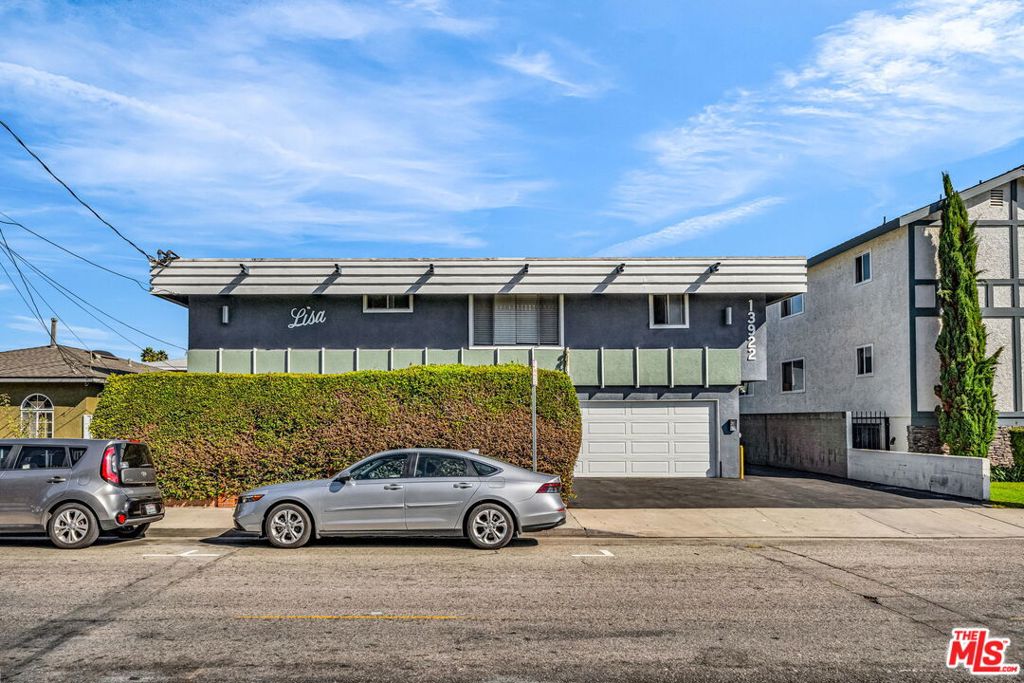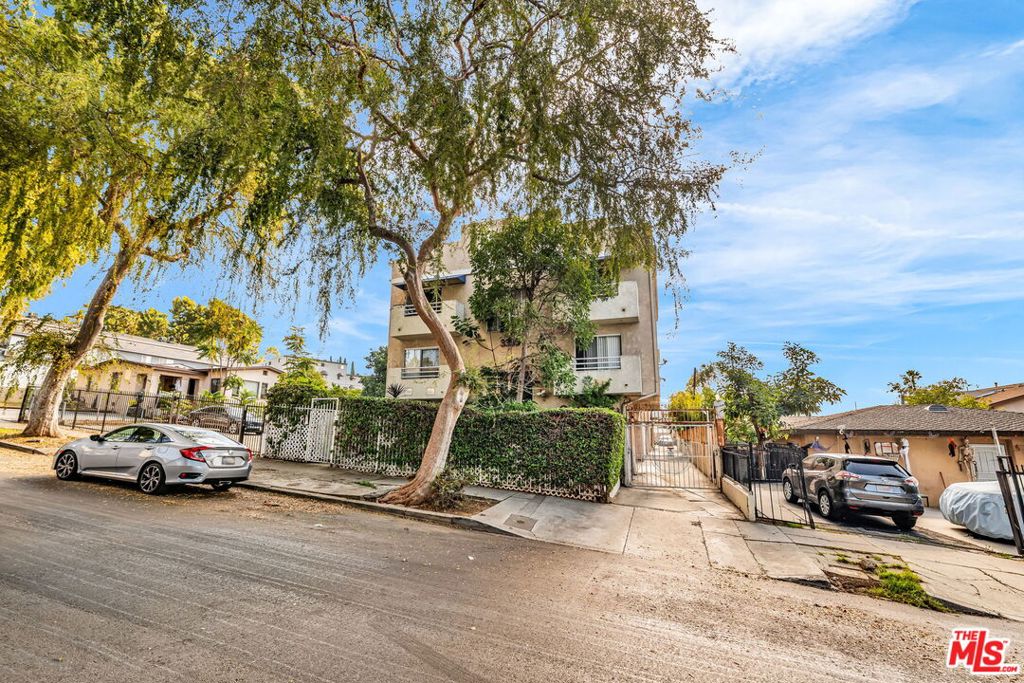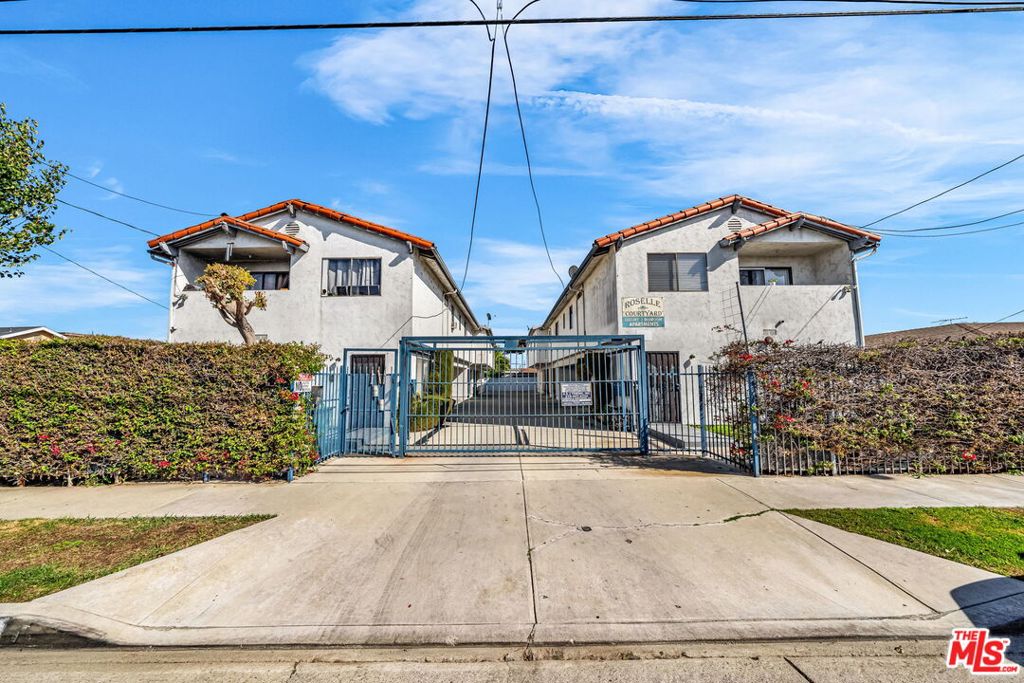If you are a real estate investor, the chances are high that you will run into a probate real estate sale. Buying a property in probate court could prove profitable as the prices are often lower. However, there is a catch: Probate sales can take longer than standard real estate sales. A lot longer.
For that reason, buyers stay away from probate real estate transactions. Also, many real estate agents advise their clients against buying a home in probate court because they’re unsure how it works. It’s like most things. After you know what to expect, it’s not that hard.
We will start with some basics, work through a few details, and urge you to contact a probate real estate agent and an attorney familiar with trust and probate sales.
When Is a Home Sold in Probate Court?
A house will often be put up as a probate sale when the homeowner dies without having created a trust during their lifetime. There are two kinds of probate sales: Full Authority and Limited Authority. In the Full Authority case, the sale of the property is permitted without the Court’s supervision. However, several requirements of the probate code must be met.
Court Confirmation Is Required in Some Cases
Limited Authority probate sales require court confirmation because the executor or administrator does not have the authority to act independently. The Probate Court oversees the process to ensure the property is marketed and bought/sold for the highest possible price. To guarantee this happens, the Court requires the following measures, actions, and procedures.
The 10 Steps of Probate Real Estate Marketing under Limited Authority
Ten steps may seem like a lot, but the rules of probate real estate sales are in place to protect both the buyer and seller. After a few of these transactions, you’ll feel like a pro. Even so, a lot can happen, and it’s best to have a professional in the wings just in case.
- The marketing of probate real estate starts like any other property. The probate lawyer or the estate’s legal representative interviews qualified real estate agents. Choosing an experienced probate real estate company is advised, as a mistake in the probate process could prove costly.
- The next step is determining the list price and signing the listing agreement. The listing agent or an independent probate referee chosen by the Court will then recommend the listing price. Note that the final selling price must be within 90% of the appraisal value set by the probate referee.
- When marketing the property, the agent must put out a “Notice of Sale” a minimum of three times at least ten days ahead of the sale. The third notice should come five days following the first one.
- An interested party submitting an offer on probate property is usually required to make a 10% earnest money deposit. The estate’s representative can either counter or accept the offer.
- The offer depends on confirmation from the Court. Despite the seller accepting the buyer’s proposal, the agreement is not final until confirmed by the Court. Within thirty days of approving the bid, the probate attorney must petition the Court for confirmation. The Court will then settle on a date for a court confirmation hearing.
- Before the date set by the courts for confirmation of the sale, the estate’s representative must inform specific parties with interest in the sale.
- Once the Court sets a date for confirmation, the parties experience a waiting period of 30 to 45 days. During that time, the Court will demand renewed advertisement and marketing push with the new approved price. In California, the Court will raise the accepted price by approximately 5%, which becomes the minimum for overbidders who may want to make an offer on the property at Court.
- At the probate real estate sale confirmation hearing, the Court invites all potential buyers and other concerned parties. At that point, the property is sold auction-style.
- If no overbidders show up for the auction, the buyer with the first accepted offer can buy the property for their initial offer price.
- Roughly a week after the Court confirmation hearing, the Court will place an order verifying the sale, and then escrow can close.
It’s Sort of Like Riding a Bike
You learn to balance and steer the first time, and then you don’t forget. In the same sense, you will get the hang of probate transactions after the first or second try. But it’s best not to relax too much. Bikes differ, as do probate laws in various states. You could “fall off the bike” (make a mistake) and miss out on a very good deal.
As you buy probate homes and properties, be sure to work with real estate agents who understand the twists and turns involved in probate real estate sales in your area. The CREM Group, an attorney-owned brokerage in Southern California, has licensed realtors on its team. They specialize in residential and commercial probate properties. Their servicing area includes Los Angeles, Orange, Ventura, and San Diego counties.
For the right types of people, Probate Real Estate investing is an excellent way to travel.
Call The CREM Group with your questions.



